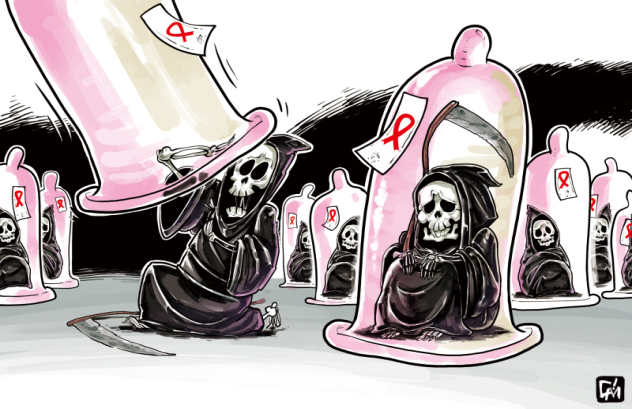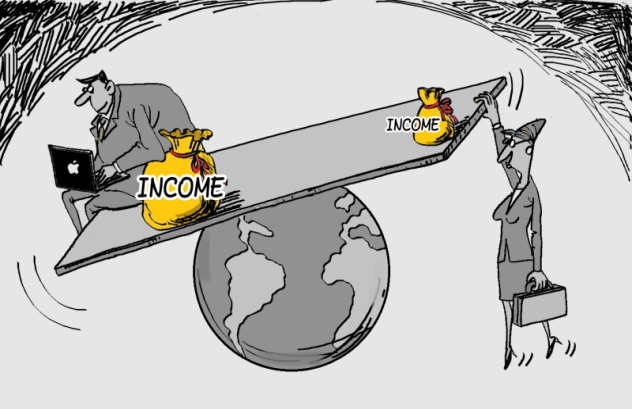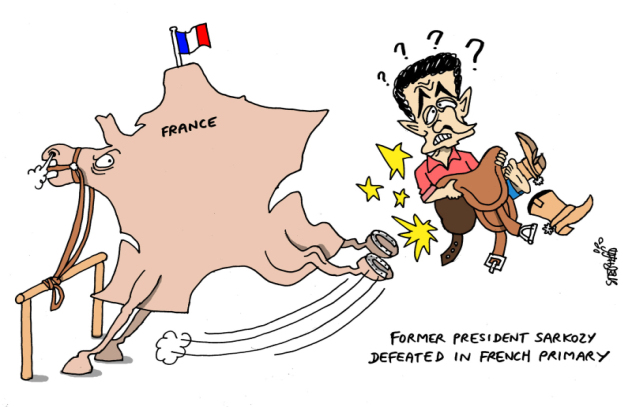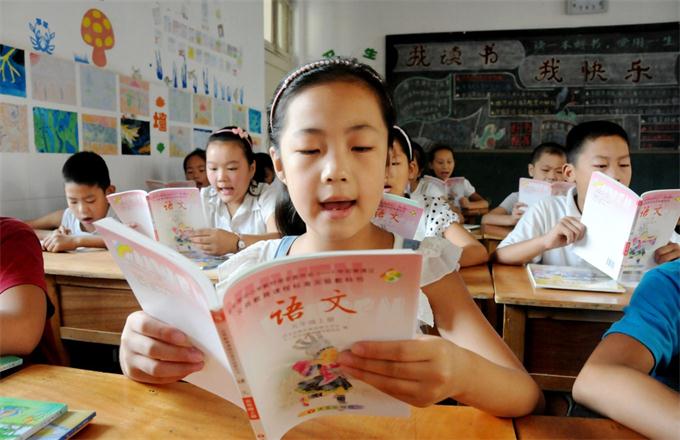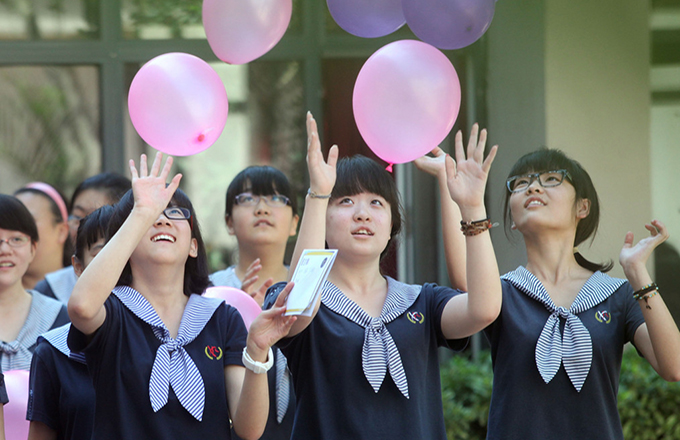Veracity of posts appealing for money has to be checked
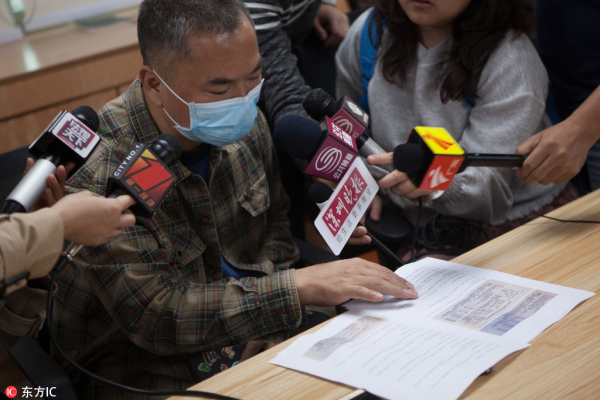 |
|
Luo Er is accepting reporters' interview during a press conference in response to his daughter's disease.[Photo/IC] |
Luo Er,a writer in Shenzhen in South China's Guangdong province, recently published an article via the domestic social media platform WeChat seeking help for his 6-year-old daughter who suffers from leukemia. His post was reposted more than 100,000 times and Luo received over 2 million yuan ($290,066) in donations. However, reports say he cooperated with a commercial company to speculate on his daughter's illness. Beijing News comments:
Anybody having read Luo's post will gain the impression the family are struggling and exhausted because of the girl's disease and need donations to survive.
However, the reality is far from that. Luo is not tremendously rich, yet he has three apartments, one in Shenzhen and two in neighboring Dongguan, and he received enough in donations to cover the cost of his daughter's medical treatment.
Worse, Luo cooperated with a commercial company to speculate on his daughter's misfortune. The company published his story on its official WeChat account in order to attract more followers, and promised to donate 2 yuan for each reposting of the story.
Luo has responded to the growing criticism by promising to donate any surplus money he receives to charity.
Calls for help are rather common on social networks, and every time one proves false, it hardens people's hearts.
Yet it is quite difficult for ordinary people to check whether somebody calling for help online truly needs it.
Only the authorities can do the necessary background checks. It is time the authorities strengthened their regulation of online donations, by checking the verity of people's pleas for help, and ensure those playing on people's heartstrings for ulterior motives pay for their misdeeds.




